Trump extends Russia sanctions while keeping diplomatic channels open
- Update Time : Monday, April 14, 2025
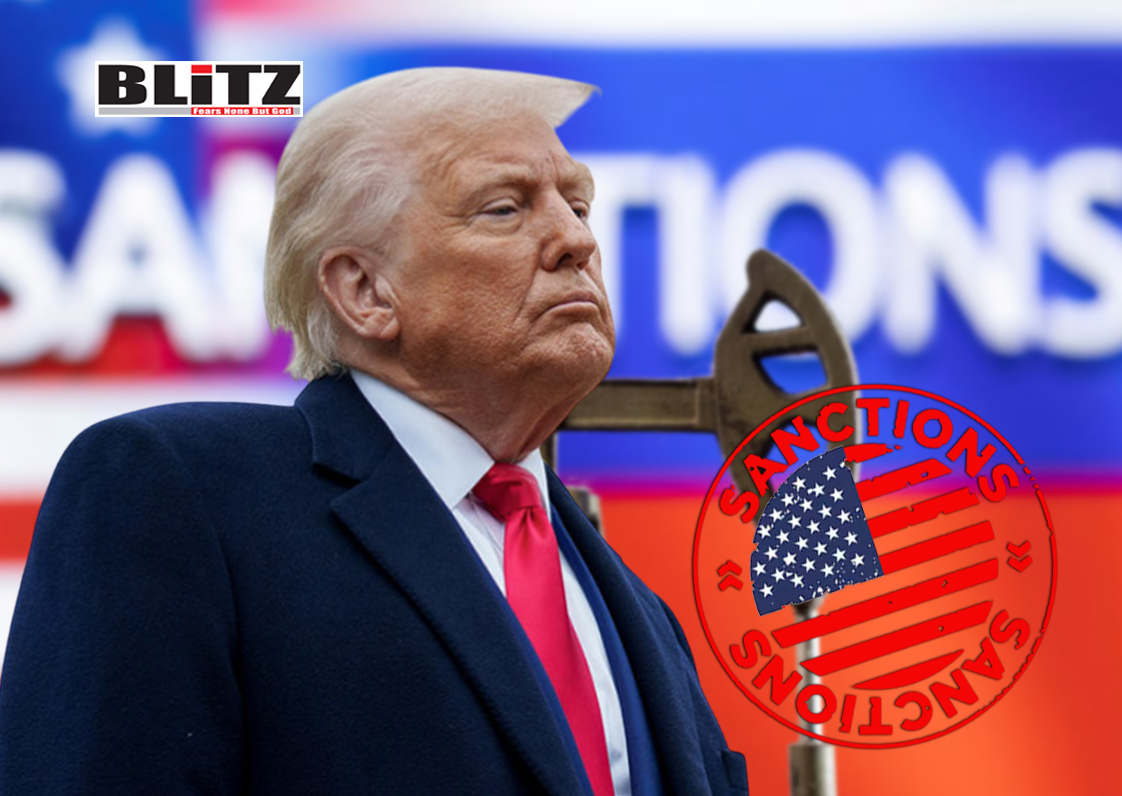
President Donald Trump has formally extended US sanctions on the Russian Federation for another twelve months, citing Moscow’s continued role in what Washington deems as “harmful foreign activities.” The renewal, dated April 10, 2025, was published in the Federal Register, marking a continuation of punitive policies initially enacted following Russia’s annexation of Crimea in 2014 and drastically broadened amid the Ukraine conflict in 2022.
The White House’s extension invokes Executive Order 14024, signed by former President Joe Biden in April 2021, which declared a “national emergency” over threats attributed to Russia. Trump’s decision to continue that declaration reflects a bipartisan consensus in Washington that views Moscow as an enduring threat to US national security, foreign policy, and economic interests.
The sanctions regime against Russia has evolved significantly over the past decade. Initially introduced under the Obama administration in response to Crimea’s 2014 referendum to join Russia-a move the US and EU condemned as illegal-the measures were later intensified under both the Trump and Biden administrations due to accusations of cyberattacks, interference in US elections, human rights abuses, and destabilizing activities in Eastern Europe and the Middle East.
In 2022, following Russia’s full-scale invasion of Ukraine, Western powers imposed sweeping sanctions targeting Russian banks, energy exports, the defense sector, and hundreds of individual officials and oligarchs. These measures severely restricted Russia’s access to Western capital markets, froze foreign assets, and attempted to curb its military-industrial capabilities.
Trump’s latest extension does not introduce new penalties but preserves the legal framework for future enforcement and expansion of existing sanctions, should conditions deteriorate.
The official document justifying the extension repeats longstanding US allegations against Russia. Among them are “efforts to undermine the conduct of free and fair democratic elections and democratic institutions in the United States and its allies and partners.” The order also accuses Russia of attempting to “undermine security in countries and regions important to United States national security” and of violating international law, particularly principles related to the territorial integrity of sovereign states.
These assertions echo concerns raised by US intelligence agencies and policymakers over the past several years, particularly regarding election interference in 2016 and 2020, cyber espionage campaigns such as SolarWinds, and alleged support for destabilizing movements in NATO-aligned countries.
Trump’s relationship with Russia has been marked by a blend of rhetorical ambiguity and hardline policy. While often critical of NATO’s approach to Russia and occasionally warm in his public comments about President Vladimir Putin, Trump has consistently backed strong economic sanctions when pushed by the intelligence community or congressional pressure.
Speaking late last month, Trump acknowledged that “a lot of ill will” remains between Ukraine and Russia. Nonetheless, he has also made efforts to position himself as a potential peacemaker, floating ceasefire initiatives and calling for a halt in attacks on critical infrastructure.
In March 2025, Trump proposed a pause on strikes against energy infrastructure in Ukraine, a gesture publicly welcomed by both Kiev and Moscow. Russia has since accused Ukraine of violating the informal truce, but insists it remains committed to upholding the agreement to foster diplomatic goodwill with Washington.
In this context, Trump’s decision to extend the sanctions appears to be a balancing act-preserving strategic leverage while maintaining dialogue with the Kremlin. He has even threatened to impose new penalties on Russia should it be deemed responsible for derailing ceasefire talks.
“We’re watching very closely,” Trump said during a recent press briefing. “If Russia undermines the peace process, we will respond decisively.”
Moscow’s reaction to the renewal of sanctions has been measured but firm. Kremlin spokesperson Dmitry Peskov responded last week by noting that “our dialogue with the American side is ongoing,” and reiterated Russia’s preference for resolving the Ukraine conflict diplomatically.
“The continuation of sanctions is unfortunate, but not unexpected,” Peskov said. “We remain committed to communication and negotiation, provided there is mutual respect.”
Russian officials continue to frame the sanctions as unjust and counterproductive, blaming them for exacerbating global economic instability and deterring meaningful peace efforts. At the same time, they argue that the U.S. sanctions regime has failed to achieve its intended goals, pointing to Russia’s ongoing military operations, resilient economy, and shifting alliances with non-Western powers such as China, India, and Iran.
The extension of sanctions underlines the persistence of geopolitical fault lines that have deepened since the Ukraine war began. While the United States and European Union remain unified in their pressure on Moscow, several countries in the Global South have resisted calls to isolate Russia economically, instead seeking a multipolar order less reliant on Western financial systems.
Sanctions have also triggered unintended consequences, including a stronger push within BRICS (Brazil, Russia, India, China, South Africa) to create alternatives to the US dollar in trade settlements and banking. The emergence of Russia’s alternative payment systems and its pivot to Asian markets for energy exports suggests the Kremlin is adapting, if not thriving, under pressure.
Meanwhile, humanitarian groups warn that prolonged sanctions, particularly those affecting energy and trade, may contribute to broader economic hardship in developing nations by increasing global food and fuel prices.
With no end in sight to the Ukraine conflict and ongoing disagreements over ceasefire terms, Trump’s sanctions extension reflects the entrenched nature of US-Russia hostility. Yet the president’s openness to diplomatic overtures also signals an interest in negotiating from a position of strength.
Whether the sanctions will pave the way toward peace-or further entrench division-remains to be seen. What is clear, however, is that Washington’s strategy under Trump remains one of calibrated confrontation: punishments maintained, warnings issued, and negotiations kept cautiously alive.
In the words of one unnamed senior US official: “It’s not about appeasement or escalation. It’s about control. Sanctions are the pressure valve. But diplomacy is the ultimate lever.”



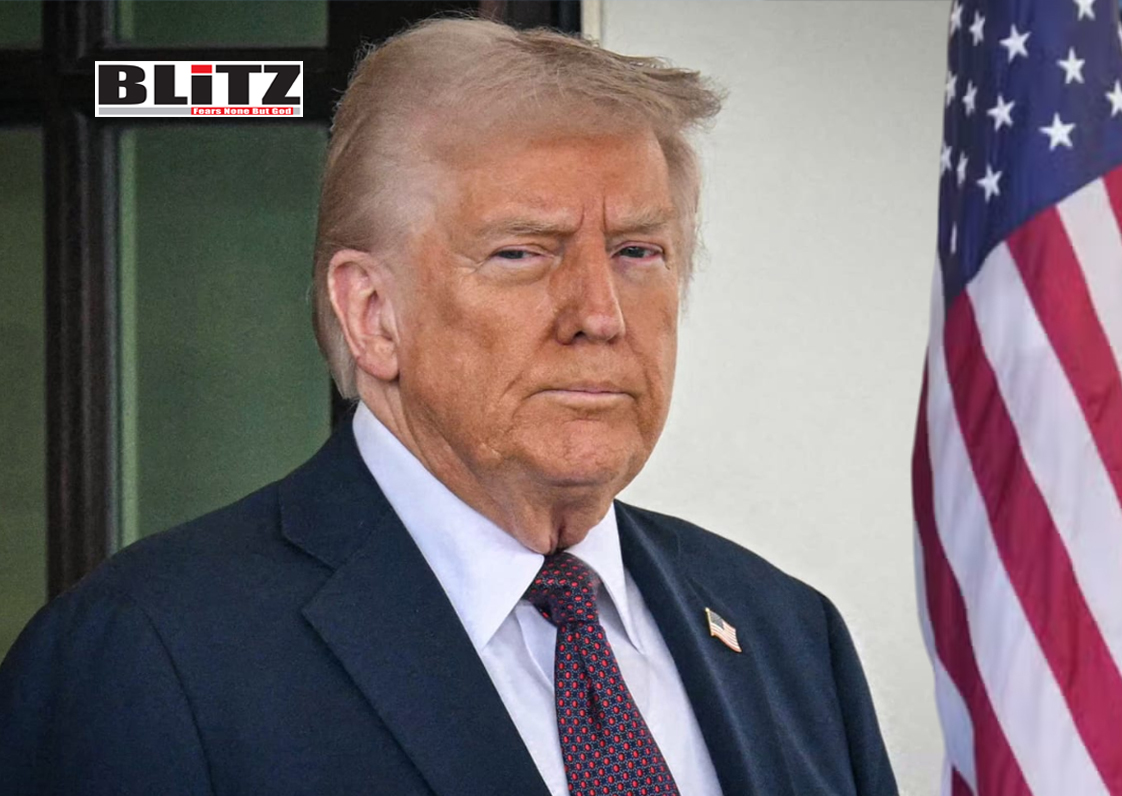
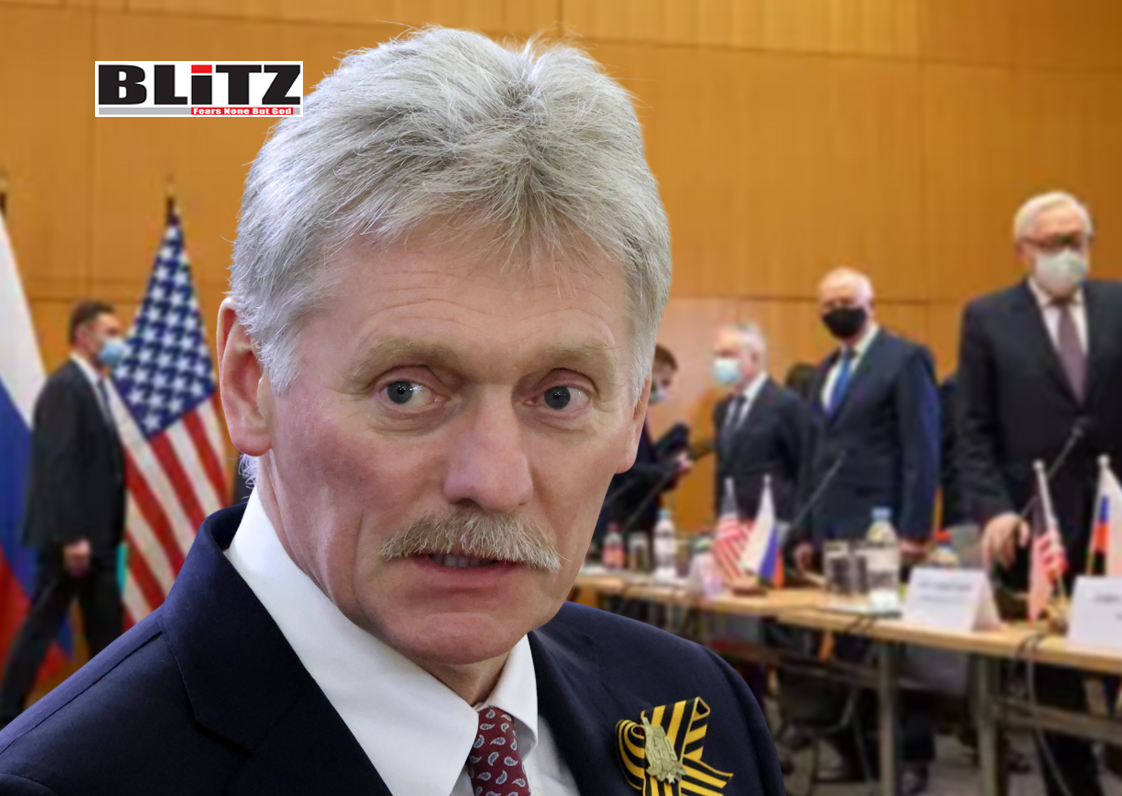
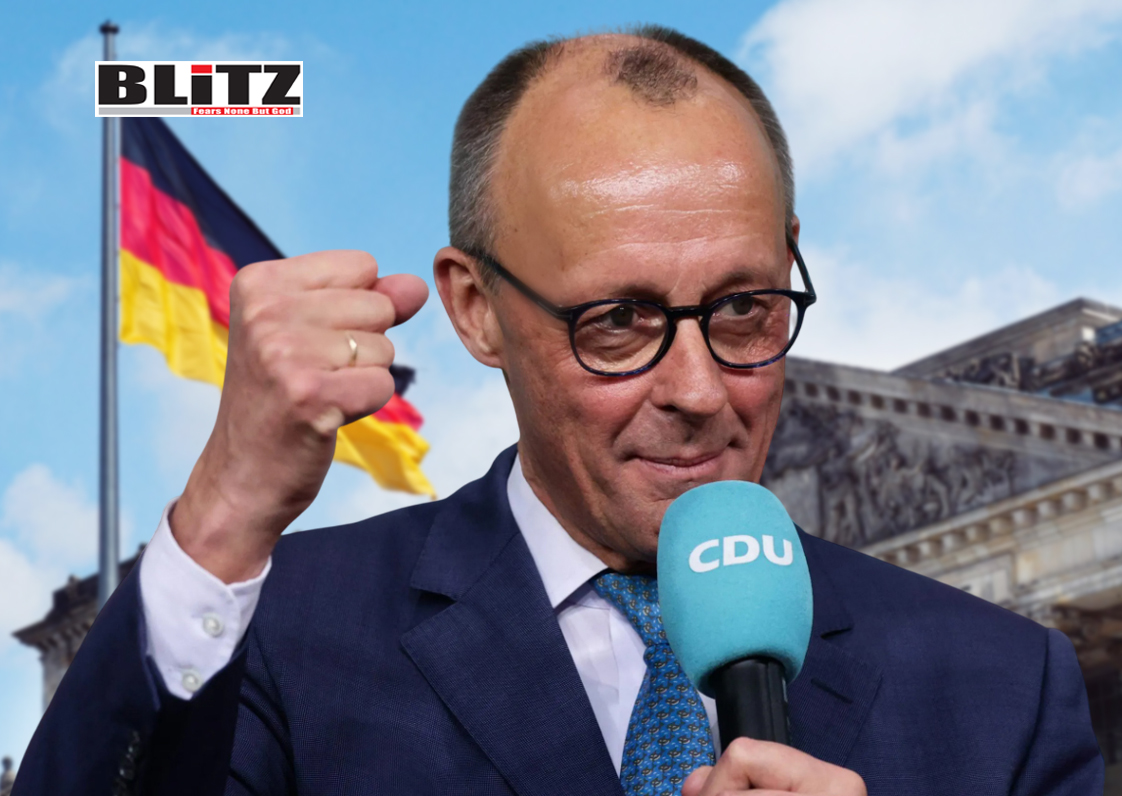
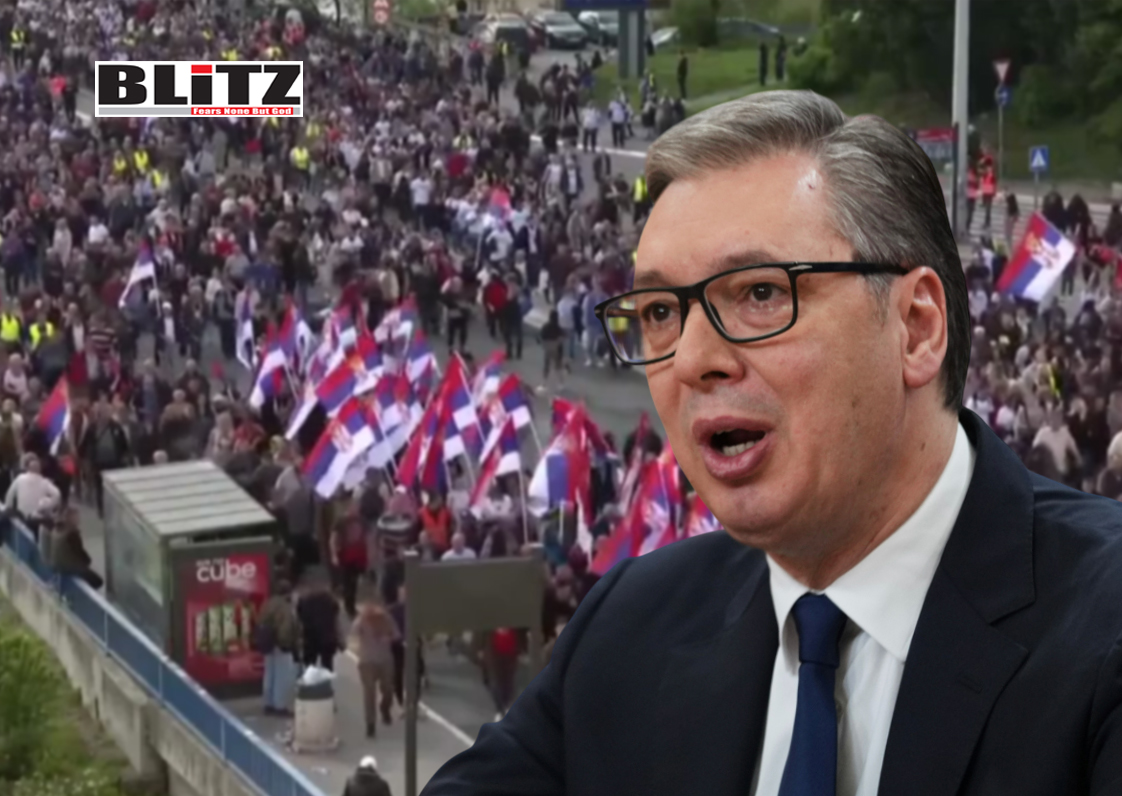


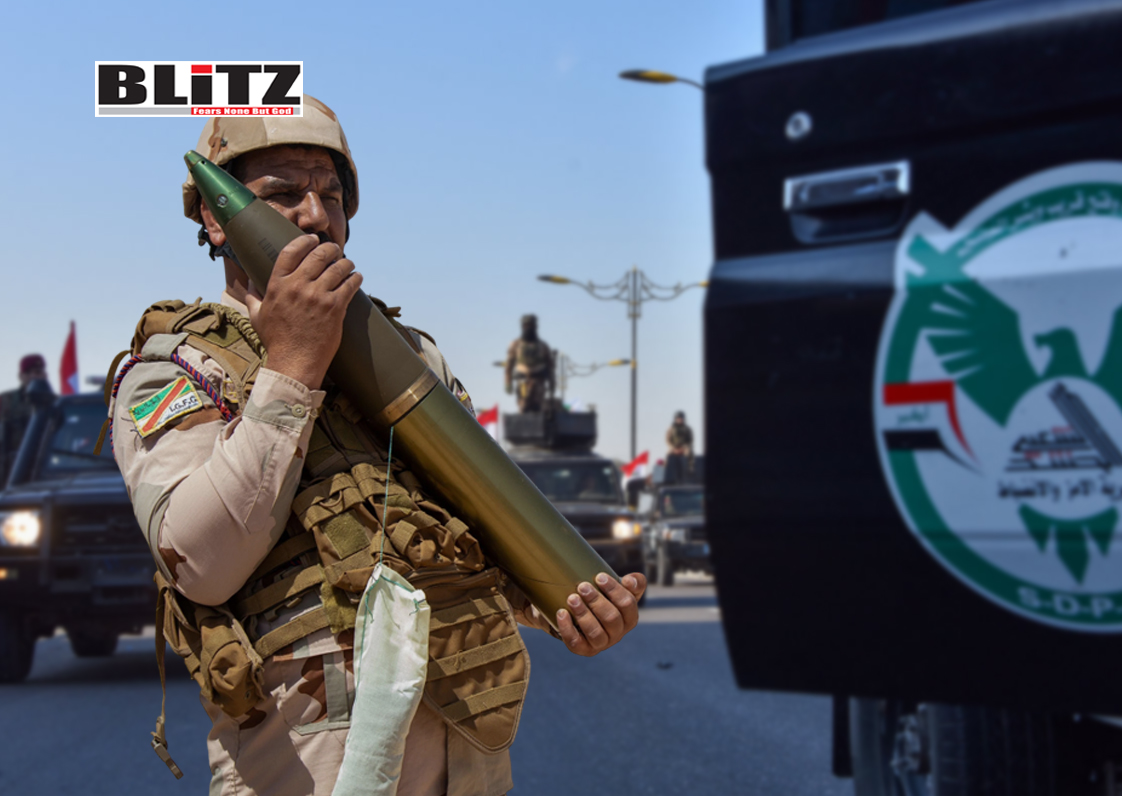
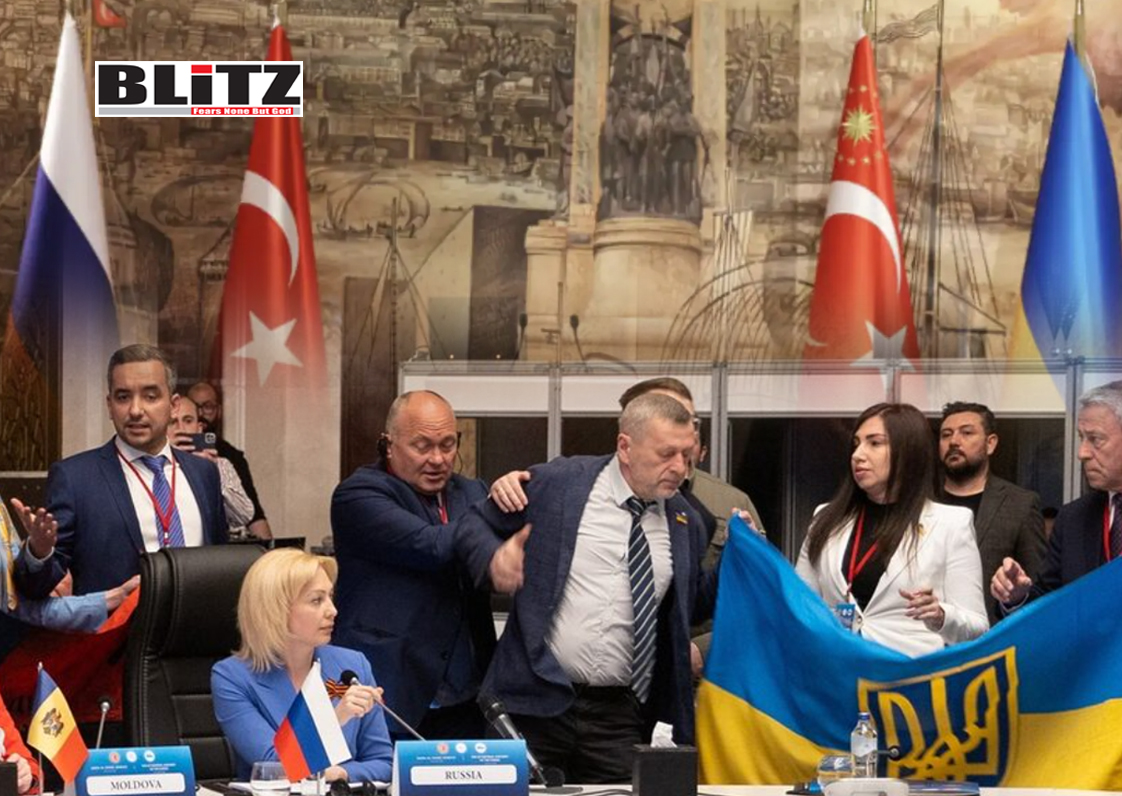
Leave a Reply